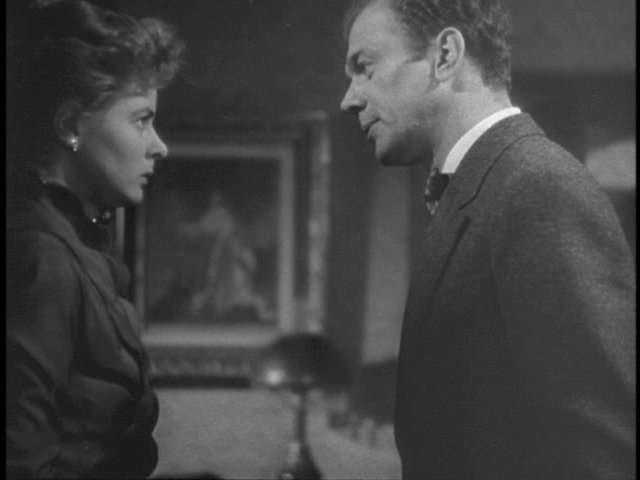 |
| Alice Cooper (Wikimedia) |
In 1964, a sixteen-year-old Furnier wanted to enter a local Phoenix, Arizona talent show. He got some friends from his cross-country team to form a group they called The Earwigs for the show. Since they didn't know how to play any instruments at the time, they dressed up like The Beatles and lip-synced to Beatles songs. They won the talent show and were motivated to learn how to play instruments and form a real band which they called The Spiders. It featured Furnier on vocals, Glen Buxton on lead guitar, John Tatum on rhythm guitar, Dennis Dunaway on bass guitar, and John Speer on drums.
They modeled themselves on mainstream rock bands of the time - The Beatles
In 1965 they recorded their first single, "Why Don't You Love Me" (a cover of a song originally performed by The Blackwells), with Furnier learning the harmonica for that song.
In 1966 "The Spiders" graduated from high school and they had a local radio hit with "Don't Blow Your Mind," an original composition. By 1967 the band had begun to make regular road trips to Los Angeles to play shows. They soon renamed themselves The Nazz and released the single "Wonder Who's Lovin' Her Now," with B side "Lay Down And Die, Goodbye."
In 1968 they learned that Todd Rundgren also had a band called Nazz
also had a band called Nazz , so they needed a new stage name. They decided the group needed some kind of stage presence or unique stage showmanship to make their mark. Furnier chose "Alice Cooper" as the band's name and eventually adopted this stage name as his own.
, so they needed a new stage name. They decided the group needed some kind of stage presence or unique stage showmanship to make their mark. Furnier chose "Alice Cooper" as the band's name and eventually adopted this stage name as his own.
Early press releases claimed that the name was agreed upon after a session with a Ouija board, during which it was revealed that Furnier was the reincarnation of a 17th-century witch named Alice Cooper. But in later interviews, Alice has said that it was just picked because it has the sound of "a sweet little girl" or an old lady.
Two other erroneous origin stories are that it came from a character in the television sitcom Mayberry R.F.D. and that Alice Cooper is the name of Betty Cooper's mother in the Archie comic strips
and that Alice Cooper is the name of Betty Cooper's mother in the Archie comic strips . Neither is the origin.
. Neither is the origin.

More important than the name was the idea of a male playing the role of an androgynous witch, in tattered women's clothing and wearing make-up. Cooper has said the look was influenced by the film Barbarella
"When I saw Anita Pallenberg playing the Great Tyrant in that movie in 1968, wearing long black leather gloves with switchblades coming out of them, I thought, 'That's what Alice should look like'. That, and a little bit of Emma Peel from The AvengersThe concept of a rock villain was unique and they continued to build their stage image which was in complete contrast to the real "Alice" off stage.".
They had their breakout hit in 1971 with "I'm Eighteen
The music evolved from garage rock to art rock, conceptual rock, rock and roll, some jazz, new wave, and helped shape the sound and look of many metal bands.

Alice Cooper, the man, has taken up acting, celebrity golf, is a restaurateur, and in 2004 started a classic rock radio show "Nights with Alice Cooper."
The original Alice Cooper group was inducted into The Rock and Roll Hall of Fame.
The Best Of Alice Cooper: Mascara and Monsters
Alice Cooper's Greatest Hits
Alice Cooper Goes to Hell
Billion Dollar Babies

















